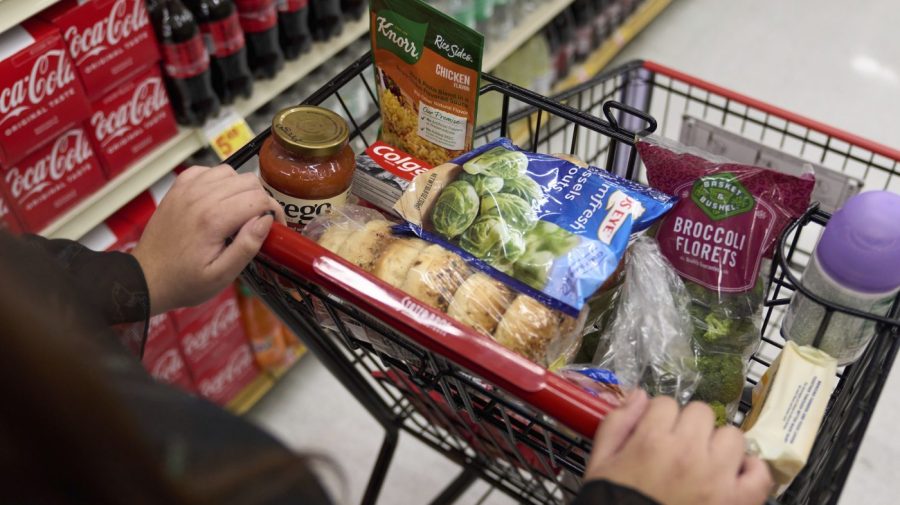Labor Department warns Trump immigration policies could drive up food prices

The Labor Department warned that the Trump administration’s mass deportation efforts could cause an uptick in food prices amid a decrease in labor and an increase in demand for fresh produce.
The department wrote in an interim rule released on the Federal Register earlier this month that the decline in immigrant labor will “exacerbate [an] already pressing mismatch in the agricultural labor market and deprive growers of a relatively cheaper labor supply on which they have become economically reliant.”
“Despite rising wages, there is no indication that unemployed or marginally attached U.S. workers are entering the agricultural labor force in meaningful numbers,” it adds. “Without swift action, agricultural employers will be unable to maintain operations, and the nation’s food supply will be at risk.”
The interim rule, which was first reported on by The American Prospect, suggests that unless the Labor Department “acts immediately to provide a source of stable and lawful labor, this threat will grow.” The department, in its Oct. 2 rule, proposed that pay be lowered for seasonal agricultural workers who hold H-2A visas.
Through the visa, agriculture workers are sponsored for residency by growers for a year, but lack bargaining rights and must accept a minimum wage set by federal guidance that doesn’t create an “adverse effect” on U.S. workers.
Almost 1 in 5 agricultural workers are on an H-2A visa, which is a nearly tenfold increase from 20 years ago, according to American Prospect.
Since President Trump’s return to office earlier this year, his administration has sought to crack down on illegal immigration, ramping up deportations and reducing border crossings.
A senior White House official told The Hill, in response to the Labor Department rule, that the administration remains committed to reforming temporary worker visa programs.
“Our immigration system has been broken for decades, and we finally have a President who is enforcing the law and prioritizing fixing programs farmers and ranchers rely on to produce the safest and most productive food supply in the world,” the official added.
The Hill reached out to the Labor Department for comment.
The agriculture industry has struggled as President Trump’s sweeping tariff agenda has taken hold. Grocery prices, including those for beef, coffee and other staples, over the last few months have also been on the rise.
U.S. soybean farmers, specifically, have faced financial pressures, as China, their largest purchaser, turned to Argentina for harvests after the tariffs took effect.
“The near total cessation of the inflow of illegal aliens combined with the lack of an available legal workforce, results in significant disruptions to production costs and threatening the stability of domestic food production and prices for U.S. consumers,” the Labor Department wrote this month.
Agriculture Secretary Brooke Rollins previously signaled that farmworkers could receive revenue generated from tariffs to mitigate the rise in costs.
“We are working with our colleagues in Congress and closely monitoring markets daily to evaluate the amount of additional assistance that might be needed this fall,” Rollins said last month.
Food prices have increased between 0.2 and 0.4 percent almost every month since January, according to Bureau of Labor Statistics data cited by The Associated Press.